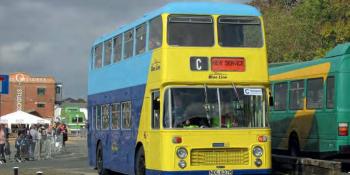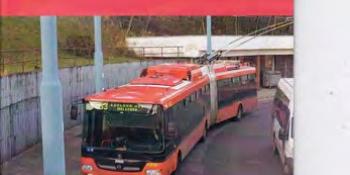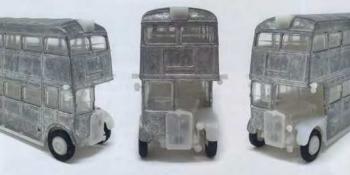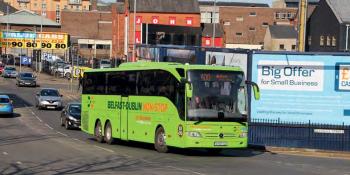Buses should be seen as part of the solution to poor urban air quality rather than one of its causes, says former government transport advisor Dr David Begg.
He warns that a blanket ban on all diesel vehicles in the UK’s new clean air zones would have a devastating impact on local communities, leading to a rise in unemployment and social deprivation. Instead, he says local authorities should focus on removing the most polluting diesel cars from their roads rather than demonising buses.
Begg, visiting professor at Plymouth University and former chairman of the government’s Commission for Integrated Transport, wants councils to halt blanket bans and instead target older diesel cars, which he says are the biggest contributors to air pollution, making up 41% of nitrogen dioxide (NOx) emissions from road transport, compared with 30% for diesel vans and 6% for buses and coaches.
He says that banning all diesel vehicles from city centres would ‘demonise and penalise’ the latest generation of Euro6 British diesel buses, which bring huge environmental and economic benefits. Such a ban, he argues, could prompt an 80% cut in bus services, leading to a 22% cut in employment, an 11% reduction in adult skills and a 29% increase in social deprivation.
‘While local government rightly tries to take dirty diesel vehicles off the streets, there is a danger it will demonise and penalise a new generation of independently-tested clean diesel buses that are in fact part of the solution, not the problem, to excessive air pollution.
‘We must be aware of unintended consequences of waging war on diesel and avoid tarring these incredibly clean buses with the same brush as the toxic car fleet on our roads today. Instead, we need to tackle the older diesel cars and vans that are clogging up our streets.
‘If buses are viewed as the problem, and not integral to the solution, then the unintended consequence will be more polluting cars on the road and poorer air quality.’




